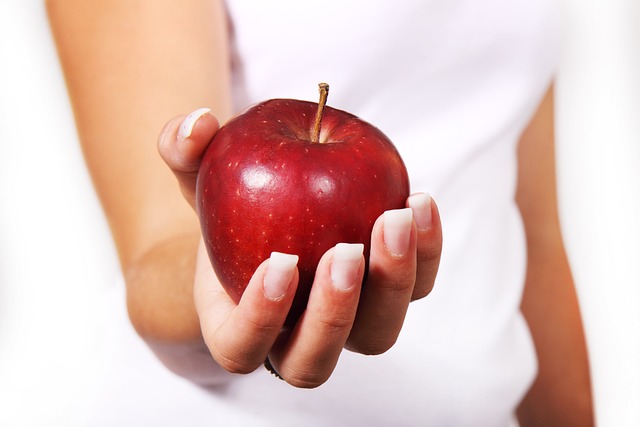The Top 10 Best Probiotic Foods to Eat for Optimal Gut Health
If you want to maintain a healthy gut, it’s crucial to eat probiotic-rich foods. Probiotics are live microorganisms that promote good digestion and provide health benefits when consumed in adequate amounts. Here are the top 10 best probiotic foods you should consider including in your diet:
- Yogurt: Yogurt is one of the most popular probiotic foods, and for good reason. It contains live and active cultures of lactobacillus and bifidobacteria, which help improve gut health and boost the immune system. For best results, choose plain, unsweetened yogurt that’s free of additives and artificial sweeteners. You can also opt for Greek yogurt, which has higher protein content and a thicker texture.
- Kefir: Similar to yogurt, kefir is a fermented milk drink that’s packed with probiotics. It’s made from kefir grains, which are a blend of yeast and bacteria that naturally ferment the milk. Kefir contains a variety of probiotic strains that can improve digestion, reduce inflammation, and boost immunity. Additionally, it’s a good source of calcium, protein, and vitamin B12.
- Sauerkraut: Sauerkraut is a type of fermented cabbage that’s been used for centuries as a traditional food remedy. It’s loaded with beneficial bacteria that can help improve gut health and digestion. Sauerkraut also contains fiber, vitamins, and minerals that support overall health. Just make sure to choose unpasteurized sauerkraut, as pasteurization can kill the probiotic bacteria.
- Kimchi: Kimchi is a Korean dish made from fermented vegetables, usually cabbage, radish, or cucumber. It’s a rich source of probiotics and antioxidants that can enhance digestion and reduce inflammation. Kimchi is also a natural source of vitamin C, vitamin K, and iron, among other nutrients.
- Miso: Miso is a Japanese seasoning made from fermented soybeans, rice, or barley. It’s a good source of probiotics, protein, and antioxidants that can help improve gut health and prevent chronic diseases. Miso also contains vitamins B2, E, and K, as well as minerals like zinc, copper, and manganese.
- Kombucha: Kombucha is a type of fermented tea that has gained popularity in recent years for its potential health benefits. It’s made from sweetened black or green tea that’s fermented with a symbiotic culture of bacteria and yeast (SCOBY). Kombucha is a rich source of probiotics, antioxidants, and organic acids that can promote gut health, detoxification, and immune function.
- Pickles: Pickles are cucumbers that have been fermented in vinegar or brine. They’re a tasty and easy way to add probiotics to your diet. Pickles are a good source of vitamin K, which is essential for bone health. Just make sure to choose pickles that are naturally fermented without added sugars or preservatives.
- Tempeh: Tempeh is a fermented soybean product that’s commonly used as a meat substitute. It contains a variety of beneficial bacteria that can improve gut health and digestion. Tempeh is also a good source of protein, iron, and calcium, making it a healthy and nutritious food option.
- Apple Cider Vinegar: Apple cider vinegar is a type of vinegar that’s made from fermented apples. It contains acetic acid, which can help improve digestion and balance gut bacteria. Additionally, apple cider vinegar is a natural source of antioxidants and may have other health benefits, such as lowering blood sugar levels and promoting weight loss.
- Traditional Buttermilk: Traditional buttermilk is a sour milk product that’s made by fermenting the milk with lactic acid bacteria. It’s a rich source of probiotics, vitamins, and minerals that can improve gut health and reduce inflammation. Buttermilk is also a good source of calcium, phosphorus, and riboflavin.
Including these probiotic-rich foods in your daily diet can significantly improve your gut health and overall well-being. It’s important to remember that different probiotic foods can have varying strains and amounts of probiotics, so it’s best to incorporate a variety of these







